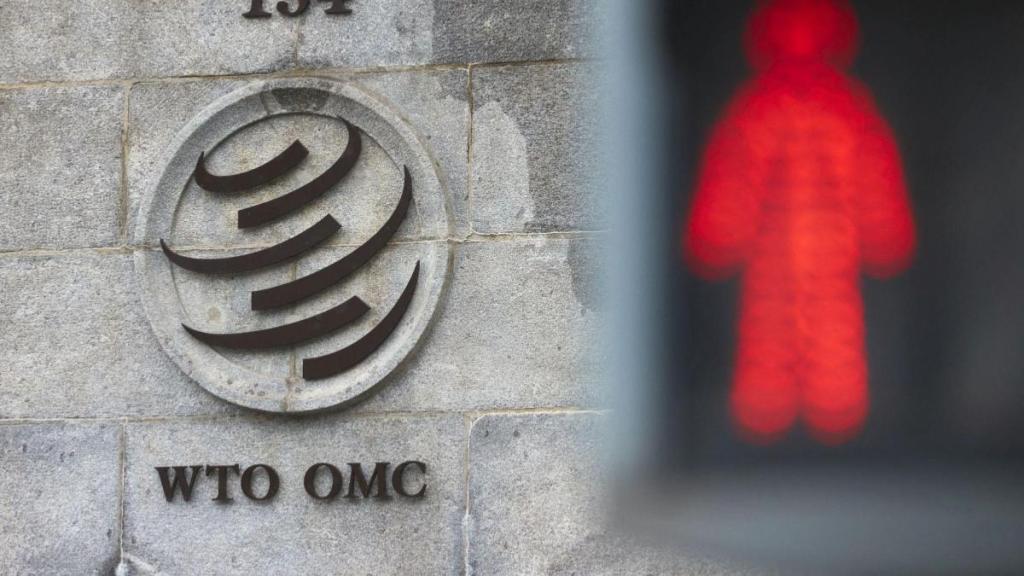By Pradeep S Mehta and Shruti Maheshwari
Regardless of whether it is justified, there is a perception among many delegations that India adopts an obstructionist role and is seldom constructive within the World Trade Organization (WTO). As part of its international relations strategy, India has been quite successful in cultivating an image of an independent global leader, which is exemplary. Yet, its trade policy seems to lag behind its more assertive foreign policy aspirations. In crucial areas such as trade within multilateral frameworks, India has continued to be seen as a frequent and assertive naysayer in spite of making promises to reform. It is time for our trade mandarins to follow the foreign policy mandarins.
India may justify its stance as protecting herand other developing nations’ interests against those of wealthier countries. Nevertheless, this position has sometimes led to India being sidelined, even by poorer nations, as was evident in the context of the Investment Facilitation for Development Agreement (IFDA). The IFDA does not delve into contentious issues such as market access or investment protection. Instead, it aims to streamline administrative processes that hinder foreign direct investment, especially at the entry point (rb.gy/v3c4kd).




However, at the 13th Ministerial Conference (MC13) held in Abu Dhabi recently, India took a formal stand against integrating the IFDA into the WTO framework, criticising it for being outside of the WTO’s mandate and for not being multilateral. Our conversations with anonymous representatives from several missions in Geneva after this incident indicated their firm support for the IFDA and its perceived advantages for their economies. They also criticised India for its objections that led to non-acceptance of the IFDA, which was agreed to by 126 of the 164 member countries.
India’s resistance to the IFDA is centred on a broader debate between plurilateral and multilateral approaches to trade negotiations. India critiques plurilateral agreements (PAs) like the IFDA as ‘non-mandated’ and ‘non-multilateral’, challenging their place within the WTO structure. However, this perspective overlooks the legal and practical aspects of these agreements, which have been part of the WTO’s framework.
Plurilateral treaties are legally recognised with the WTO structure, included in Annex 4 of the WTO Agreement.
And India’s claim that PAs are instruments for developed countries to dictate terms is unfounded. These negotiations can be, and often are, inclusive, as demonstrated by the IFDA initiative, which was predominantly driven by developing countries and least developed countries (LDCs) (rb.gy/ycjxuj). With significant backing from these economies, the argument that India (and South Africa) are defending the interests of developing and LDC members seems questionable.
There is also an observable frustration with the slow progress at the WTO. The IFDA extends beyond simplifying investment policies; it is pivotal for reforming WTO negotiation processes to address modern-day global trade challenges. This approach could successfully promote the development agendas of member countries through what can be termed ‘new multilateralism’. PAs support the concept of variable geometry within the WTO, fostering an issue-based understanding of the challenges and finding a path for reform.
At this juncture, where the traditional consensus-based model of the WTO is faltering, a plurilateral strategy could reinvigorate the organisation and help reclaim its relevance in global trade governance. India, as a significant player in the WTO, is at a crossroads and should consider adopting a more proactive and forward-looking role in trade talks. Its current strategy, particularly its opposition to the IFDA talks led by developing countries, is inconsistent with the leadership role it aspires to. Similarly, India’s strong resistance to addressing new issues like electronic commerce, gender, and micro, small and medium enterprises within the WTO’s flexible framework underscores the need for an update in its traditional methods to align with the changing global trade environment. The WTO is struggling with the poor pace of negotiations and the changing geopolitical landscape. The gradual demise of the Doha Development Round stands as a stark reminder that the consensus-based method of the past is ill-suited for the geopolitical realities and expectations of the present and immediate future. For India, as contended earlier (rb.gy/oy4b5z), this means transitioning from a position-based negotiation strategy to one that is interest-based.
India must acknowledge its strategic geopolitical advantages and progress with a definitive objective of becoming a developed nation by 2047. Failure to adapt may not only diminish India’s influence in the WTO and impact our growth prospects, but also challenge our identity as a champion for the Global South.
Should India not change its course, it might face a situation akin to that of Italian footballer Mario Balotelli, who, plagued by negative publicity, famously wore an undershirt with the rhetorical question ‘Why always me?’ during a goal celebration to express his exasperation with ongoing criticism.
The authors work for CUTS International.
Disclaimer: Views expressed are personal and do not reflect the official position or policy of Financial Express Online. Reproducing this content without permission is prohibited.





















